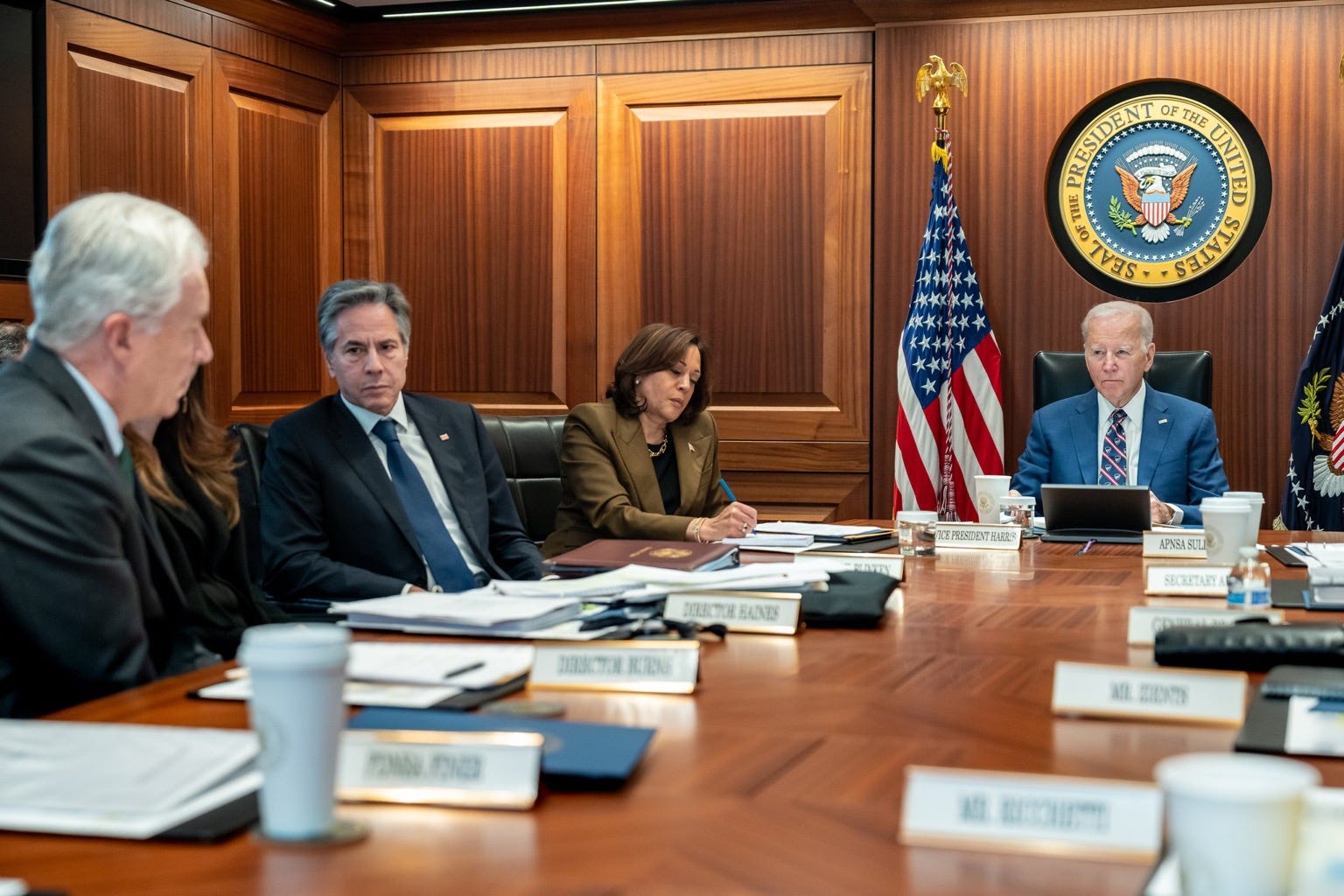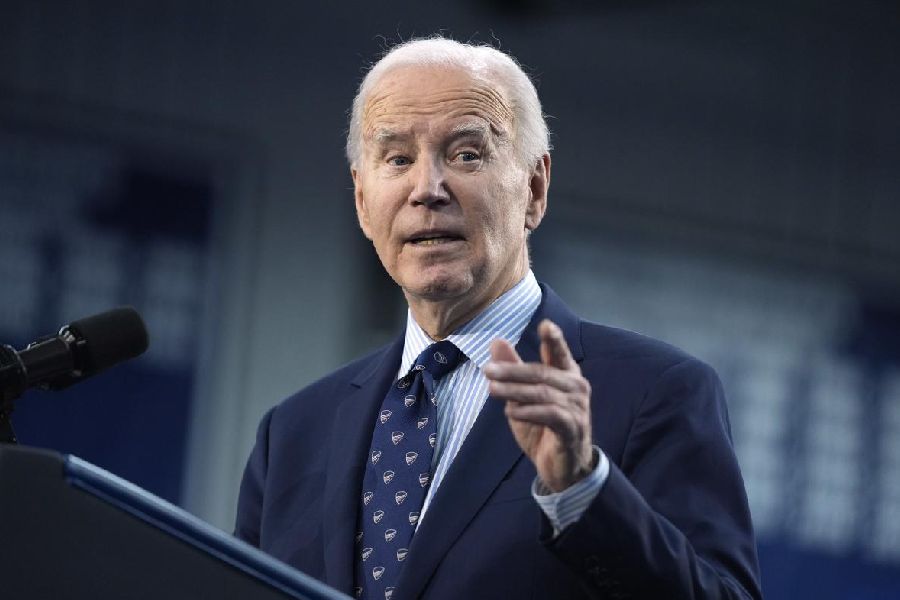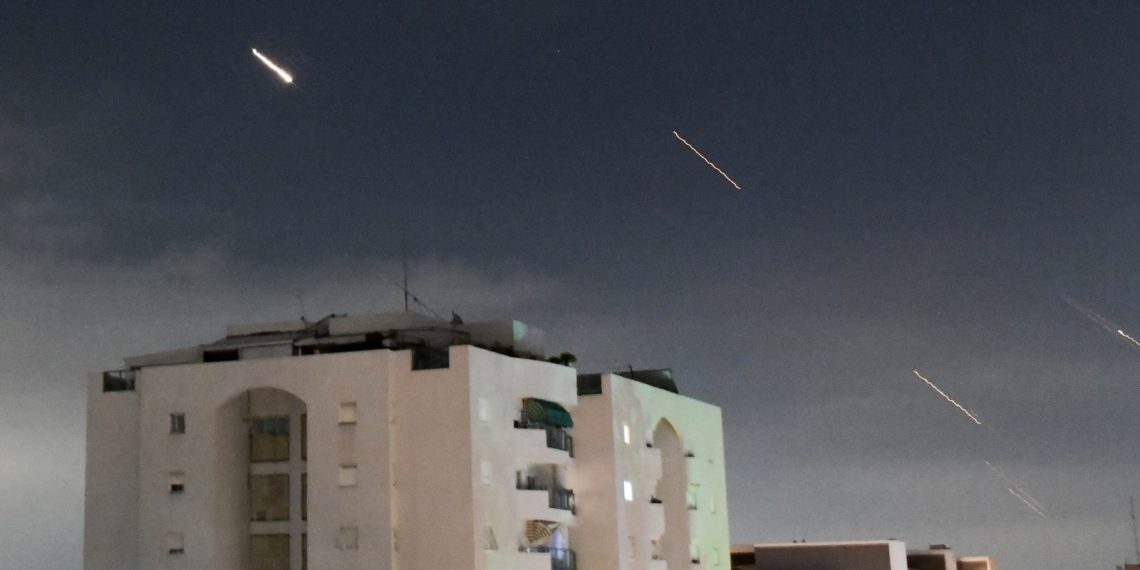President Joe Biden condemned the recent Iranian attacks on Israeli military installations and pledged a coordinated diplomatic response with the G7 allies.
Returning to Washington abruptly, he assured that U.S. forces and facilities remained unharmed. In a statement, he reiterated steadfast support for Israel’s security despite strained relations with Prime Minister Benjamin Netanyahu over Gaza’s conflict.
Biden underscored Israel’s capability to repel unprecedented assaults, sending a clear message to its adversaries. He disclosed plans to convene with G7 leaders to devise a united diplomatic strategy against Iran’s aggression.

Iran’s direct attack on Israeli territory heightened regional tensions. The assault, employing explosive drones and missiles, was perceived as retaliatory to Israel’s strike on Iran’s embassy compound in Damascus, resulting in casualties, including a senior Iranian Revolutionary Guard Corps commander.
Acknowledging the evolving threat, Biden disclosed recent U.S. military deployments to the region. He credited American servicemembers for aiding Israel in intercepting the majority of incoming drones and missiles.
Assuring continued vigilance, Biden vowed to protect U.S. personnel and interests against potential threats. High-level meetings in the White House Situation Room included Secretary of State Antony Blinken, Defense Secretary Lloyd Austin, and other top officials.

Austin reaffirmed U.S. backing for Israel in a call with Israeli Defense Minister Yoav Gallant, emphasizing joint efforts against Iranian provocations.
National security advisor Jake Sullivan echoed this commitment in discussions with his Israeli counterpart, Tzachi Hanegbi.
Amid escalating tensions, bipartisan support for Israel emerged in Congress. Republican House Majority Leader Steve Scalise announced plans to adjust the House schedule to address legislation backing Israel and holding Iran accountable.





